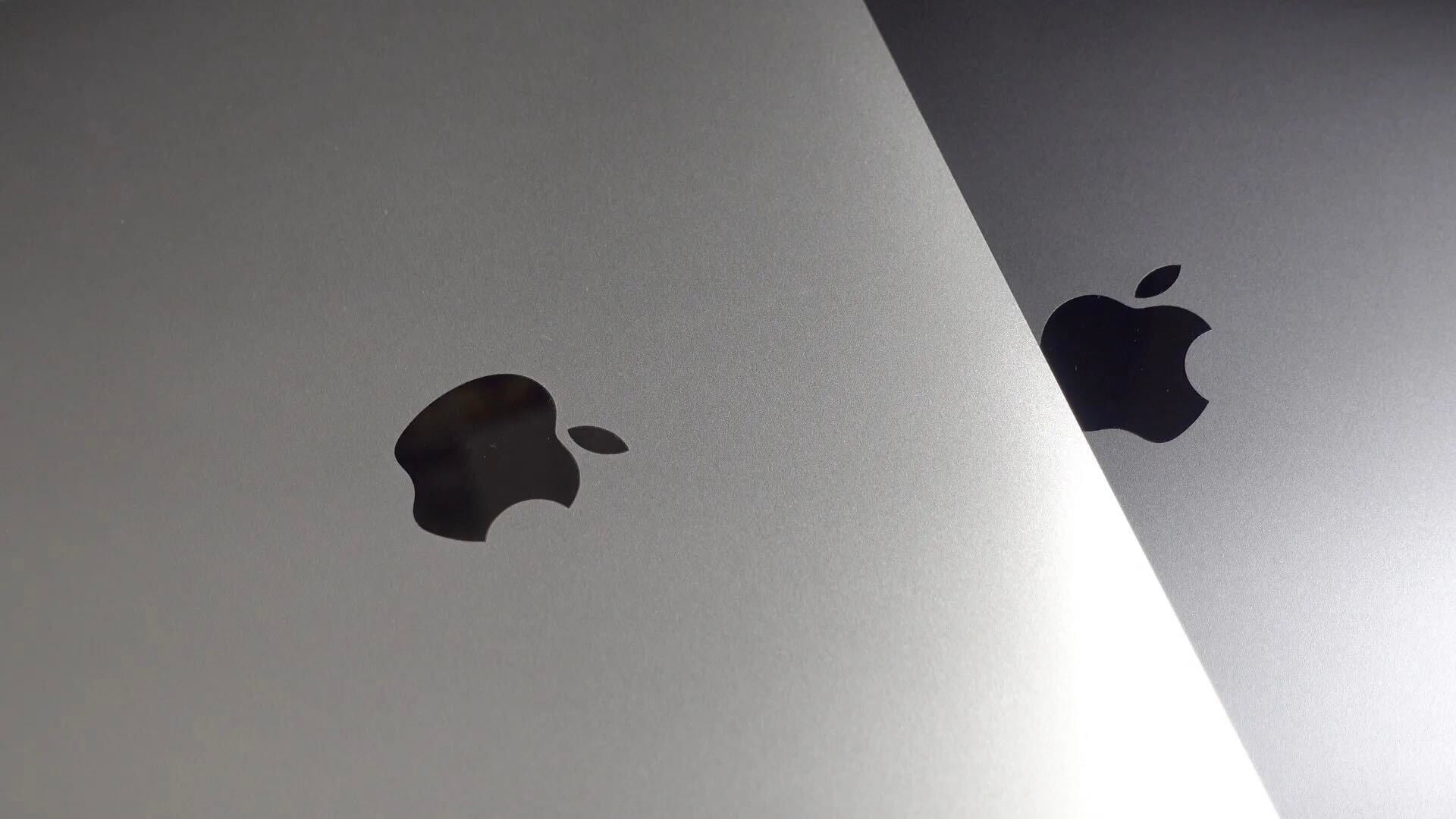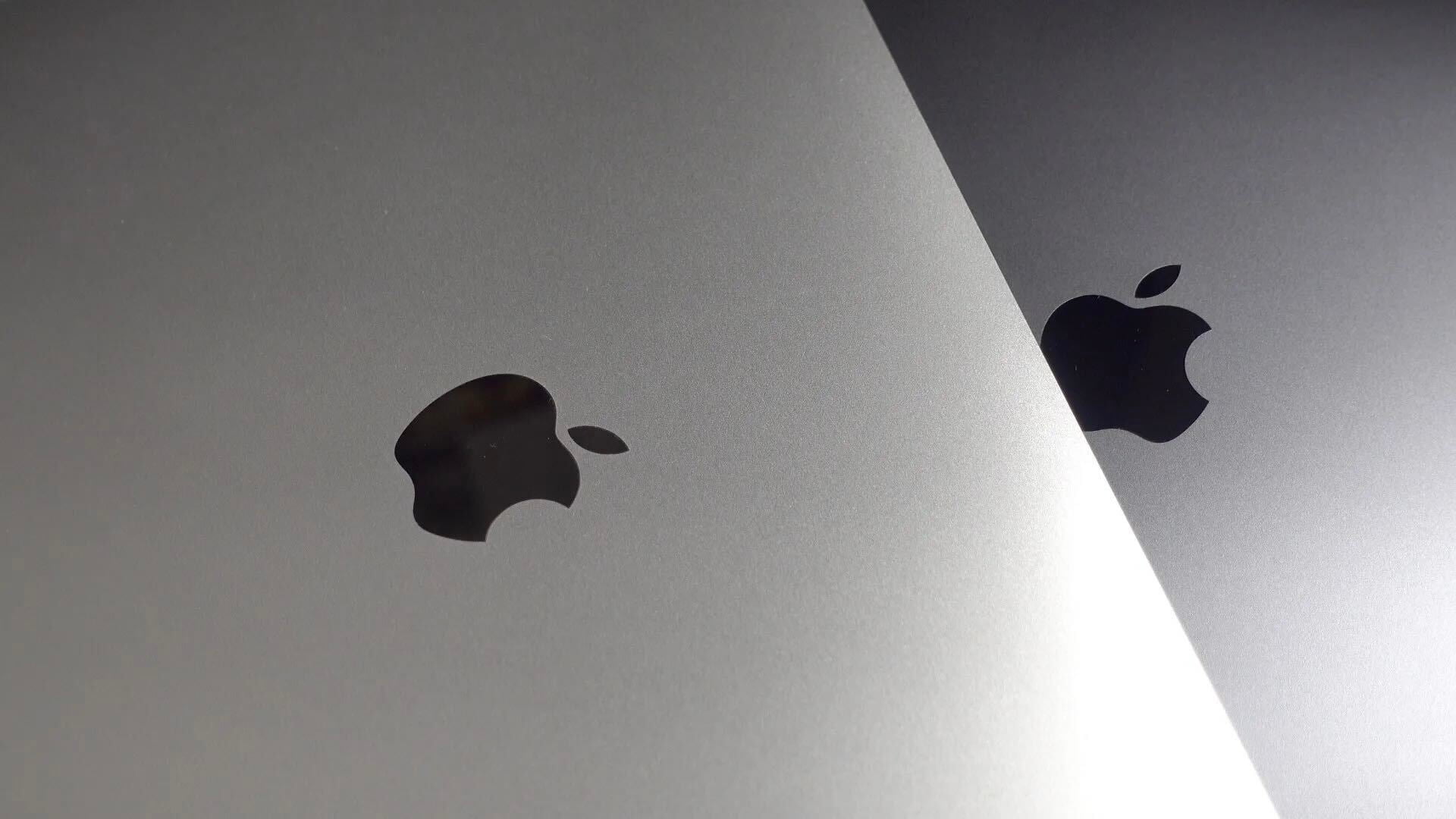Patent application could see the Apple Watch calling 911 when it detects a heart-attack


A patent application describes how the Apple Watch and iPhone could work together to detect medical emergencies like a heart attack, and automatically call 911.
While the patent wording doesn’t specifically name either the Apple Watch or iPhone, the meaning of one electronic device cooperating with another one seems pretty clear.
An occurrence of one or more “care events” is detected by an electronic device monitoring environmental data and/or user data from one or more sensors. The electronic device transmits one or more alerts regarding the detected occurrence to at least one other electronic device. In some cases, the electronic device may cooperate with at least one other electronic device in monitoring, detecting, and/or transmitting.
Apple says that the setup could detect a range of emergencies, and take appropriate action depending on the severity – ranging from sending an email to a family member at the low end to calling 911 in the most urgent of cases …


